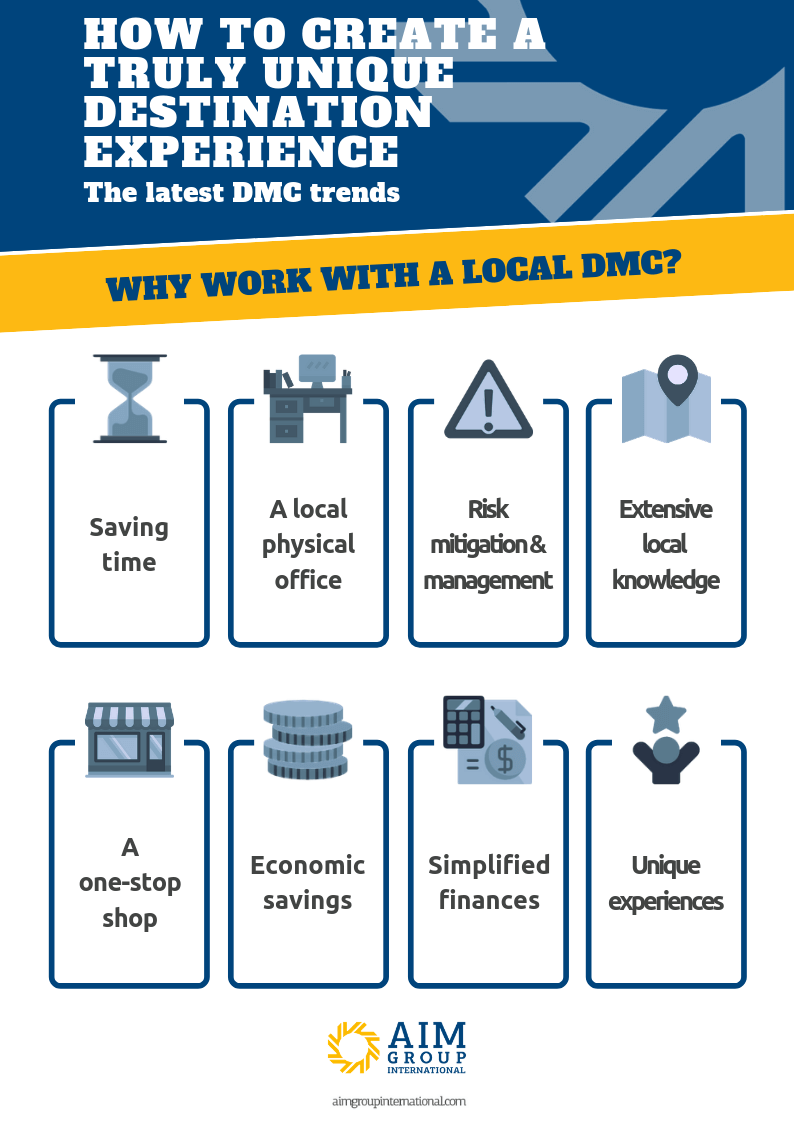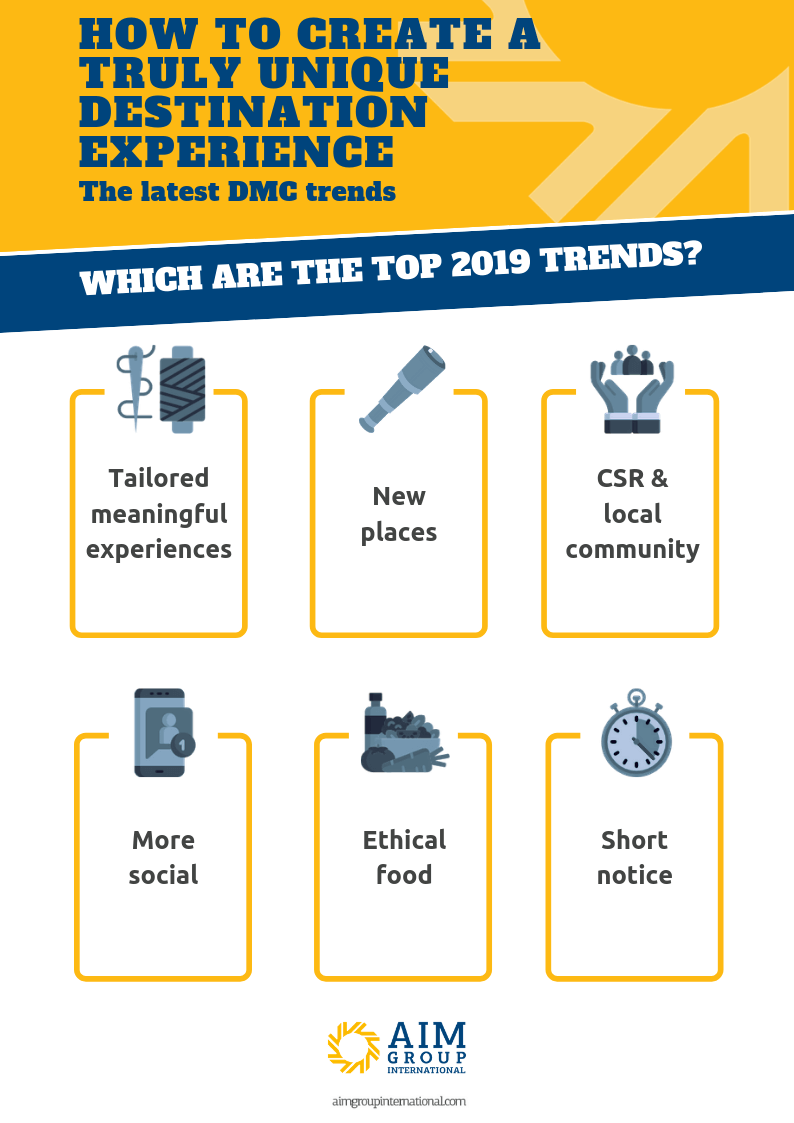
Prague, in the Czech Republic, is not only a travel destination, but home of the AIM Group International office of Bob Novak, who wrote the white paper, “How to Create a Truly Unique Destination Experience and the Latest DMC Trends.”
The role of destination management companies (DMCs) is evolving, but, as a DMC executive argues in a recent white paper, they still can be an essential piece of the puzzle for many meetings and events.

Bob Novak
In the AIM Group International white paper titled “How to Create a Truly Unique Destination Experience and the Latest DMC Trends,” AIM’s Bob Novak looked at whether DMCs can keep adding value in the current market as well as what trends are emerging for 2019.
“Reserving accommodation, organising transport, booking restaurants, or finding event ideas are just a click away. Does that mean that DMCs are no longer needed? No, that is not the case,” Novak, who is head of the corporate & DMC department in the Prague office of AIM Group International, states in the white paper. The paper outlines eight ways AIM believes clients can benefit from DMC services and details what it sees as six top event organisation and destination management trends. We caught up with Novak to hear about three of the trends.
Tailored Experiences
“If the direct involvement of participants was the mantra of recent years, with guests transformed into protagonists, now the trend is to find activities with a meaning, with a direct link to the clients’ speciality, industry, event objective, or local community,” the white paper states. One example AIM Group provided of a way a DMC created such a destination experience took place during a French dairy company’s incentive trip to Naples. The participants took part in a cooking and pizza preparation activity hosted by a Michelin-starred chef. The specially tailored cooking class highlighted various types of cheese and their organoleptic qualities, encouraging participants to taste and cook with each of them. The result? “Guests learned more information about the product that their own company produces, they enjoyed cooking while discovering local products and recipes, and they had fun,” Novak said.
New and Emerging Destinations
“Safety and security reasons are influencing the choice of the congress destination,” explains Novak. While large congresses are typically held in major European capitals, it’s becoming more common for associations to choose second-tier, mid-sized cities, which can be just as safe but may be less expensive or competitive. Another bonus: hotels, congress centres, and attractions are all within walking distance.
Ethical Food
According to Novak, “the attention to the environmental impact of food and beverage is increasingly important. Reducing surplus food waste is a crucial opportunity, since often when you organise a lunch or dinner for a large number of people” there can be leftovers.
In Italy, for example, meetings industry association Federcongressi (AIM Group is a board member) developed a program called Food for Good that organizes the donation of surplus food from events. In 2017, AIM Group said, 3,500 meals, 1,500 sandwiches, 150 kilos of fruit, and 500 bottles of water were donated in Italy — with an even higher number of donations last year.


